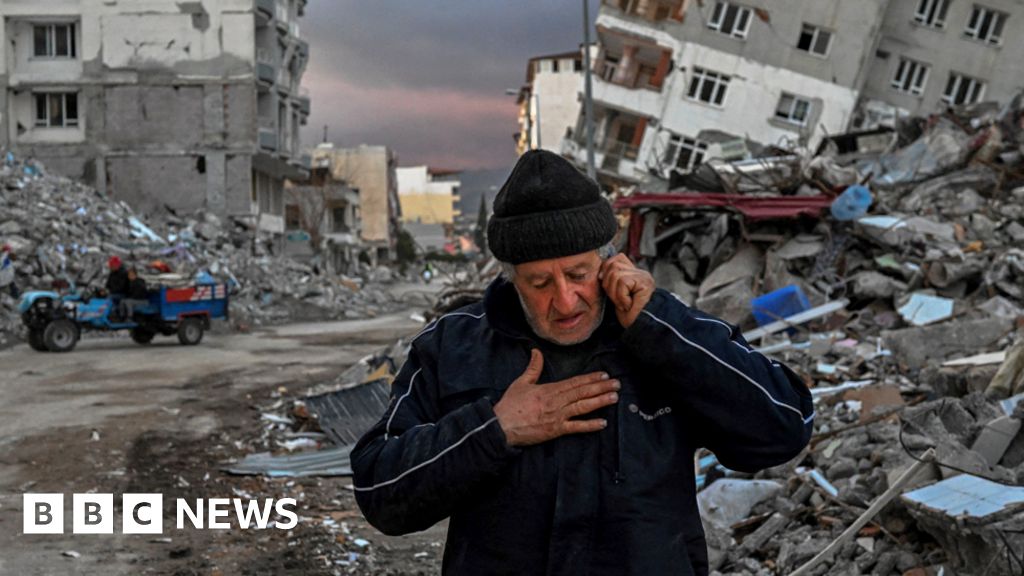- cross-posted to:
- android@lemdro.id
- world@lemmy.world
- cross-posted to:
- android@lemdro.id
- world@lemmy.world
Google’s earthquake warning system failed to get to many Turkish residents before February’s deadly tremor, a BBC Newsnight investigation has found.
Google says its alert system can give users up to a minute’s notice on their phones before an earthquake hits.
It says its alert was sent to millions before the first, biggest quake.
However, the BBC visited three cities in the earthquake zone, speaking to hundreds of people, and didn’t find anyone who had received a warning.
The system works on Android phones, essentially any phone that isn’t an iPhone. Android phones, which are often more affordable, make up about 80% of the phones in Turkey.



Well, why is a private US company supposed to take care of the communication of such events to Turkish citizens? I always think this kind of systems should be handled by the local government
Because Google has established itself as one half of a de-facto worldwide cellphone duopoly. It vets and serves the vast majority of the apps that runs on its platform from its app store, it puts a large majority of the world’s population - including Turkish citizens - under surveillance without their consent, and all the push notifications from all the apps running all over the world are sent through Google’s servers.
When you set yourself up to corner a country’s citizens, limit their choices and exploit their private data to that extent, you owe a thing or two to that country in return at the very least.
Then are Turkish iOS users left out of this alert system?
As I said, it’s more a criticism of the tendency for governments to delegate this kind of critical services to tech companies rather than address those issues themselves.